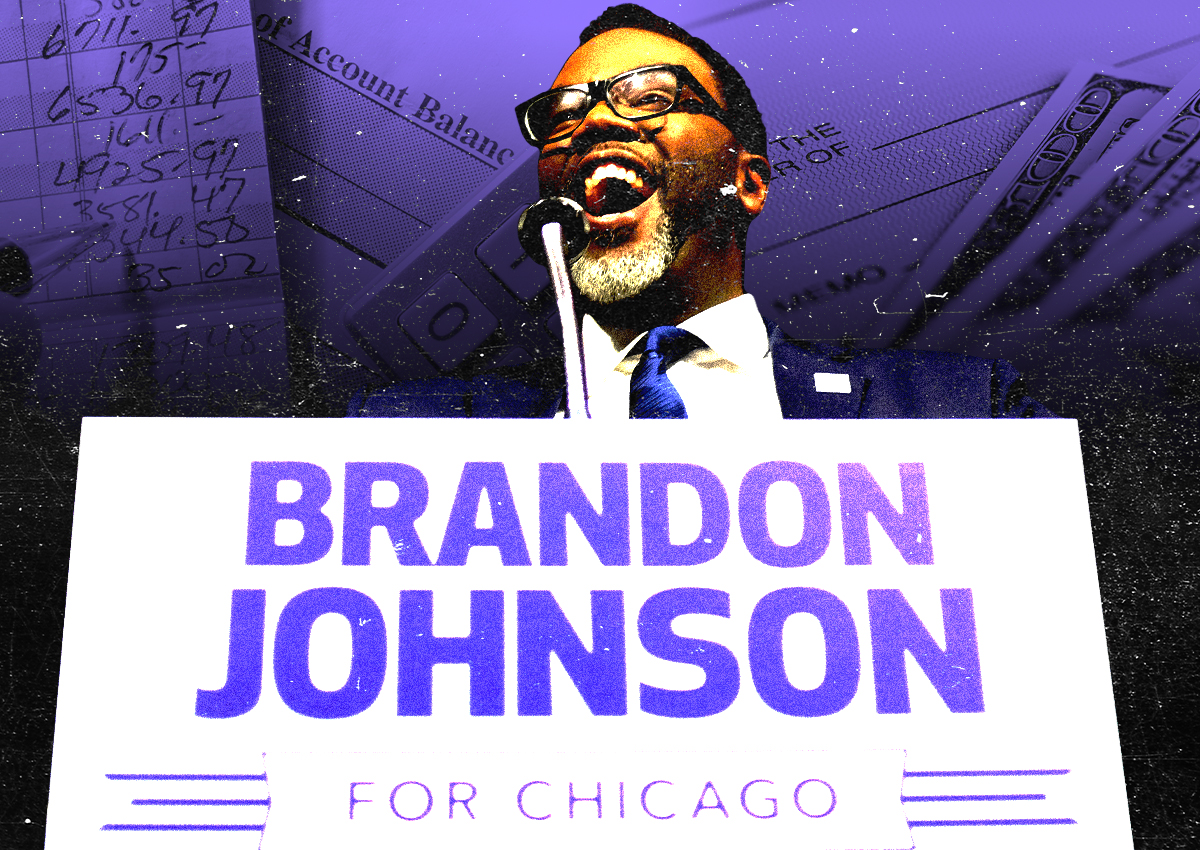 Real estate royals back O’Neill Burke in Cook County State’s Attorney race
Real estate royals back O’Neill Burke in Cook County State’s Attorney race
Trending
Real estate-backed O’Neill Burke leading State’s Attorney race
Cook County is electing a top prosecutor, and big-name developers backed candidate in the lead

Eileen O’Neill Burke, the Cook County State’s Attorney candidate backed by some of Chicago’s biggest real estate developers, is leading her opponent in the Democratic primary, Clayton Harris III, according to Tuesday’s preliminary election results.
But the race has tightened throughout the night.
With an estimated 84 percent of votes counted as of 10:07 p.m., O’Neill Burke had 51.1 percent of the tally so far, while Harris had captured a little under 48.9 percent, according to the preliminary results and the Associated Press.
A retired judge, O’Neill Burke garnered financial donations from big players in Chicago’s business community, including developers such as JDL’s Jim Letchinger, CRG’s Shawn Clark and other real estate royals.
Harris, meanwhile, secured the support of some Black business executives, real estate players in the construction industry, Democratic donor and real estate developer Elzie Higginbottom and Cook County Assessor Fritz Kaegi.
The city’s biggest developers backed O’Neill Burke because they felt she would crack down on crime and the narratives surrounding Chicago harder than Harris, who was viewed as politically closer to outgoing State’s Attorney Kim Foxx, a product of the local progressive movement who supported the controversial elimination of cash bail that has cut down on the detention of pre-trial defendants.
The city’s Board of Elections Commissioners at midday Tuesday reported that the primary election had drawn “shockingly low turnout,” at just 12 percent of the nearly 1.7 million registered voters — including early voting and vote-by-mail ballots. Between 9,000 to 10,000 votes were coming in each hour, down significantly from election days for the last two presidential primaries in 2016 and 2020, when 16,000 to 28,000 ballots were cast per hour.
This is a developing story, check back for updates.
Read more
 Real estate royals back O’Neill Burke in Cook County State’s Attorney race
Real estate royals back O’Neill Burke in Cook County State’s Attorney race
 Checks and balances: Real estate prepares for Brandon Johnson
Checks and balances: Real estate prepares for Brandon Johnson




